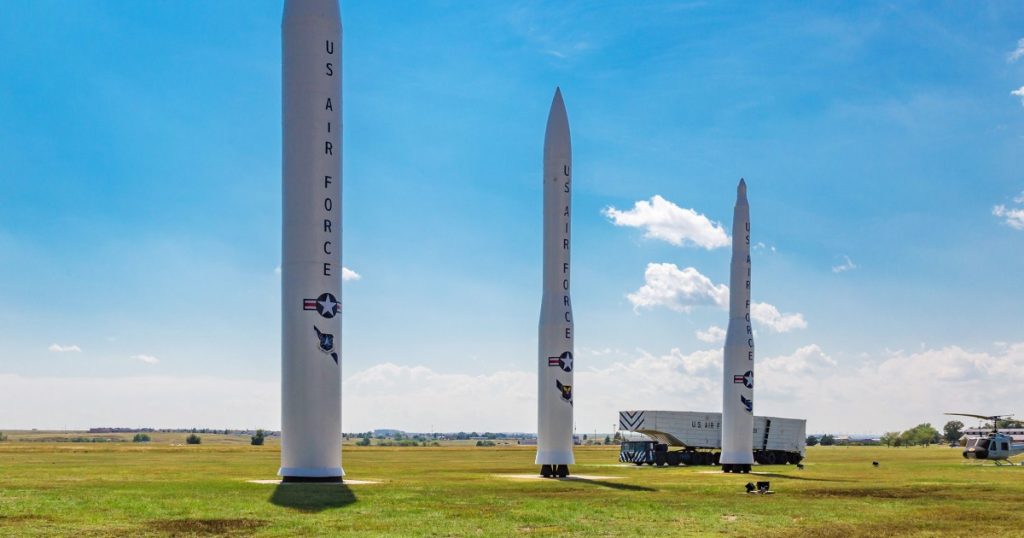President Joe Biden issued an order forcing a Chinese-backed cryptocurrency mining company, MineOne, to sell land near a Wyoming nuclear missile base due to national security concerns. The company had acquired real estate within a mile of Francis E. Warren Air Force Base, raising concerns about surveillance and espionage activities. The White House cited credible evidence that the company, majority-owned by Chinese nationals, could potentially threaten national security. MineOne was given 120 days to divest from the land and remove certain improvements and equipment.
This action is part of a larger crackdown on Chinese companies in the U.S. amidst tensions between the two countries. In April, Biden signed a law requiring TikTok to divest from its Chinese parent company, ByteDance. The administration has also implemented new tariffs on various Chinese imports, including electric vehicles and medical supplies. The order against MineOne followed an investigation by the Committee on Foreign Investment in the United States (CFIUS), which is tasked with assessing corporate deals for national security risks. The CFIUS now has increased authority to review property transactions near sensitive U.S. facilities like Francis E. Warren Air Force Base.
In September, Biden issued an executive order instructing CFIUS to consider more national security risk factors in their assessments, and the agency has initiated an investigation into TikTok. The White House order against MineOne pointed out that the property purchase was not disclosed to CFIUS until after the agency had received a tip from the public. Treasury Secretary Janet Yellen emphasized the importance of CFIUS in ensuring that foreign investment does not undermine national security. China has also ramped up scrutiny of U.S. companies, citing national security concerns and expanding laws against sharing state secrets.
The move against MineOne reflects the increasing scrutiny of Chinese investments and corporate activities by the U.S. government. The proximity of the company’s operations to a strategic missile base raised red flags about potential threats to national security, prompting the Biden administration to take action to protect sensitive facilities. The broader crackdown on Chinese companies in the U.S. comes in the context of escalating tensions between the two countries and concerns about espionage and cyber attacks. The involvement of CFIUS in assessing foreign investments near critical U.S. infrastructure highlights the government’s efforts to safeguard national security interests.
The scrutiny of Chinese investments and corporate transactions extends beyond the MineOne case, with the U.S. government taking steps to address potential threats to national security posed by foreign entities. The actions against MineOne and other Chinese companies reflect the evolving dynamics of international relations and the increasing focus on safeguarding critical infrastructure from espionage and other forms of interference. As tensions between the U.S. and China continue to simmer, the Biden administration’s efforts to protect national security interests through regulatory measures and targeted actions against specific companies highlight the complex challenges posed by economic and strategic competition between the two global powers.













